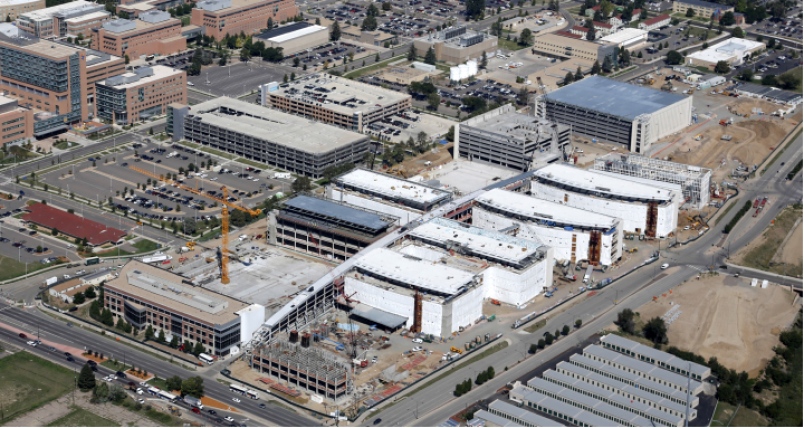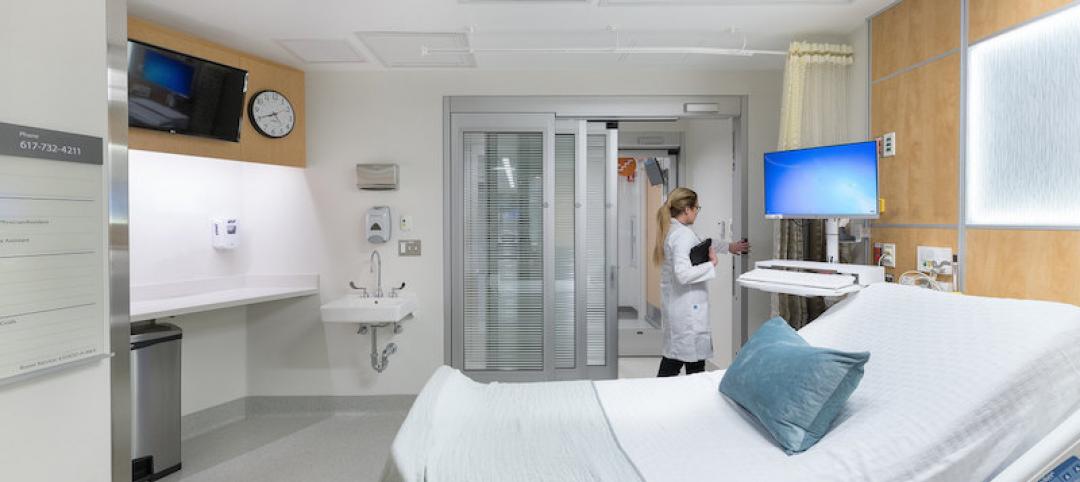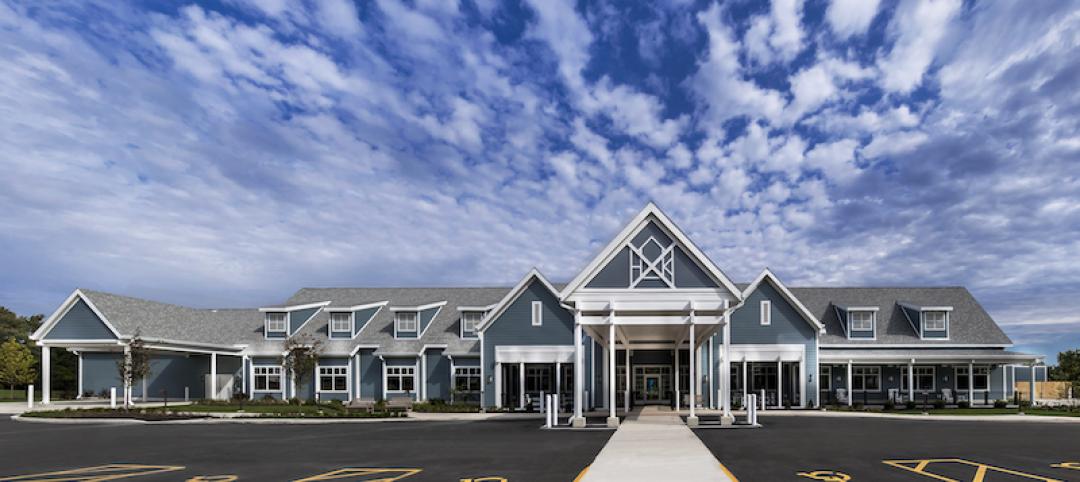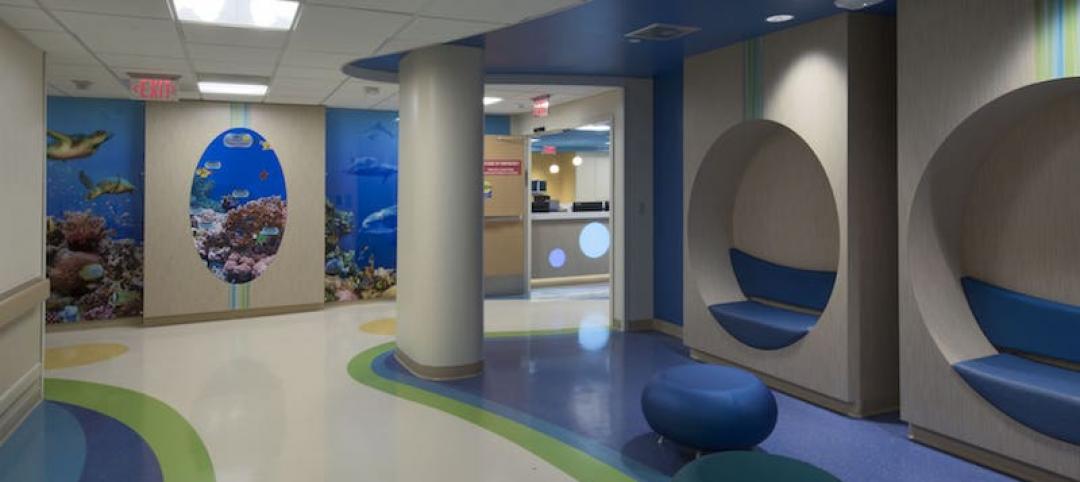Last December, the Civilian Board of Contract Appeals, a tribunal within the General Services Administration, found that the Department of Veterans Affairs (VA) was in material breach of a contract with Kiewit-Turner—a joint venture between Kiewit Building Group and Turner Construction—on the massive Denver VA Medical Center project in Aurora, Colo.
That project was already years behind schedule and hundreds of millions of dollars over budget. Upon that ruling, Kiewit-Turner—which has been on this project since 2010, when it broke ground—stopped work on that project, which at the time was somewhere between 40% and 60% complete, according to the Denver Business Journal. Work resumed just before Christmas only after VA and Kiewit-Turner signed a $234 million bridge-loan agreement.
The Board stated in its decision that the VA had repeatedly failed to provide a design for the hospital that could be built for the original agreed-upon price of $604 million. The VA, according to the Board, also disregarded cost-cutting suggestions and warnings that the project’s ambitions would greatly exceed its budget.
In fact, in the spring of 2013, The Government Accountability Office (GAO) had issued a report that found the Aurora project and three other VA projects were all drastically over budget and behind schedule.
The 182-bed medical center was supposed to be completed early this year. Kiewit-Turner, in June 2013, estimated that the construction cost would actually be $1.085 billion. (At that time, Glenn Haggstrom, who managed VA’s construction projects, continued to insist the hospital could be brought in for its original budget.)
The VA’s Deputy Secretary Sloan Gibson admitted in July that his agency could not produce a line-by-line accounting that would explain the overspending.
In March, Colorado’s congressional delegation requested that the Senate Veterans Affairs committee conduct a field visit to the medical center, which was planned to serve 82,700 vets. The fear was that work would stop again without Congressional approval for the appropriation of additional funds.
Now, the project’s completion date has been pushed back to Jan. 23, 2018, and the total cost is now expected to reach at least $1.67 billion. The U.S. Army Corps of Engineers late last month awarded the construction team a $571 million contract to finish the job.
Congress had authorized up to $625 million in additional spending for this project in September, but not without strings attached, according to news reports. That approval stripped the VA of its authority on any future construction project over $100 million, which essentially would prevent the department from getting involved in hospital construction again.
The Army Corps of Engineers will henceforth serve as the VA”s construction agent on several products worth about $3.6 billion.
"We must make sure that this never happens again and fortunately, a key reform was passed along with funding. The VA is out of the hospital building business," stated U.S. Rep. Mike Coffman (R-Aurora). Coffman told Stars and Stripes that he was disappointed that the VA might not release the results of one of its internal investigations into what went wrong until next year.
Related Stories
Healthcare Facilities | Mar 29, 2019
Former grocery store becomes a cancer care center in New Jersey
Francis Cauffman Architects (FCA) designed the adaptive reuse project.
Healthcare Facilities | Mar 27, 2019
Working to reduce HAIs: How design can support infection control and prevention
For many health systems, seeking ways to mitigate HAIs and protect their patients is a high priority.
Healthcare Facilities | Mar 6, 2019
What is the role of the architect in healthcare data security?
Safeguarding sensitive data is top of mind for healthcare administrators across the country, and, due to the malicious intents of hackers, their security efforts are never-ending.
Healthcare Facilities | Feb 20, 2019
A new hospital in Qatar reflects local culture in its design
Three ceramic-clad sails transport its exterior.
Healthcare Facilities | Jan 31, 2019
First phase of SickKids campus redevelopment plan unveiled
The Patient Support Centre will be the first project to comply with Toronto’s Tier 2 Building Standards.
Healthcare Facilities | Dec 12, 2018
Almost Home Kids opens third residence in Illinois for children with health complexities
Its newest location is positioned as a prototype for national growth.
Healthcare Facilities | Dec 7, 2018
Planning and constructing a hybrid operating room: Lessons learned
A Hybrid operating room (OR) is an OR that is outfitted with advanced imaging equipment that allows surgeons, radiologists, and other providers to use real-time images for guidance and assessment while performing complex surgeries.
Healthcare Facilities | Nov 30, 2018
As telehealth reshapes patient care, space and design needs become clearer
Guidelines emphasize maintaining human interaction.
Healthcare Facilities | Nov 28, 2018
$27.5 million renovation of Salah Foundation Children’s Hospital completes in Fort Lauderdale
Skanska USA built the project.
Healthcare Facilities | Nov 7, 2018
Designing environments for memory care residents
How can architecture decrease frustration, increase the feeling of self-worth, and increase the ability to re-connect?

















